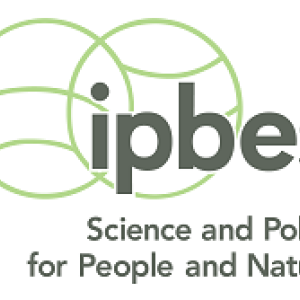
The Intergovernmental Science-Policy Platform on Biodiversity and Ecosystem Services (IPBES) has released two reports. One offers insights and tools to support the more sustainable use of wild plants, animals, fungi and algae, arguing that the biodiversity crisis threatens the billions of people who benefit from the use of wild species for food, fuel or income. The other reports that there is a global focus on short-term profits and economic growth, meaning that market prices do not fully reflect the many ways in which nature is of value to people’s quality of life.
The latter report sets out four perspectives on nature: living “from” nature (emphasising nature’s provision of food and material goods); living “with” nature (respecting the rights of non-human beings to thrive independently of people; living “in” nature (recognising nature as a setting for people’s sense of place and identity); and living “as” nature (seeing nature as an integral part of oneself physically, mentally and spiritually).
Media coverage of the two reports includes:
- Nature's true value overlooked in decision making - IPBES - BBC News
- WWF reaction: IPBES Value of Nature report
- The IPBES Assessment Report on the Sustainable Use of Wild Species - WWF
- Humans need to value nature as well as profits to survive, UN report finds - The Guardian
- Humanity’s use of wild species ‘vastly underappreciated’ - China Dialogue
For more on the IPBES Assessment Report on the Sustainable Use of Wild Species, click here.
For more on the IPBES Assessment Report on the Diverse Values and Valuation of Nature, click here.
See also the TABLE explainer Impacts of climatic and environmental change on food systems and the TABLE event recording What is ecomodernism? Perspectives from ecomodernism and degrowth on limits to growth, lifestyles and media narratives.







Post a new comment »